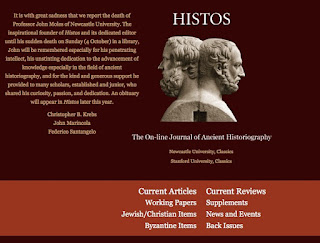It's about time I write an entry on the
"iCafé Fribourg", which was inaugurated last August (2014).

The Bible Groups for Students in Fribourg, a recognized UniFr association, opened this lovely place for university and professional school students in Fribourg. It's a place to hangout, drink various types of delicious coffee and tea, practice languages (German, French and English), attend conferences, eat scrumptious meals, etc. We're trying to keep the place open as often as possible, but we need more volunteers (iCafé is a nonprofit organization). The "iCafé" ("i" for international) means we promote cross-cultural interaction between different linguistic and cultural groups. Being officially bilingual, Fribourg is a great place to attempt to cross cultural boundaries and climb over linguistic barriers. At our last meal, raclette was served to folks from more than ten different nationalities. We talked about the funny, and not so funny, experiences we have had as foreigners in Switzerland (greetings, money, work, how to have or not have arguments, privacy and isolation, etc.). I'm looking forward to more events where we can share openly about our experiences as pilgrims in this big, often scary world and as guests in this small, beautiful country! Although I am a Swiss citizen (thanks to my wife!), I still have a lot to learn in order to survive and thrive here!
The "iCafé Fribourg" is located in Avenue de Beauregard 3 (Canisius building), just a short walk from Fribourg's main bus/train station.
 It was a pleasure to follow a seminar with Roland Meynet on his theory on Semitic rhetorical analysis. He has spent most of his career developing and applying this approach to biblical literature. One of his main contentions was that biblical scholars were focusing on one type of rhetoric, namely Greco-Roman rhetoric, to the neglect of other types of rhetoric in the world. Semitic languages like Arabic and Hebrew needed more attention. I find his research especially helpful for poetic texts and sections of prose abounding in various types of parallelism.
It was a pleasure to follow a seminar with Roland Meynet on his theory on Semitic rhetorical analysis. He has spent most of his career developing and applying this approach to biblical literature. One of his main contentions was that biblical scholars were focusing on one type of rhetoric, namely Greco-Roman rhetoric, to the neglect of other types of rhetoric in the world. Semitic languages like Arabic and Hebrew needed more attention. I find his research especially helpful for poetic texts and sections of prose abounding in various types of parallelism.




